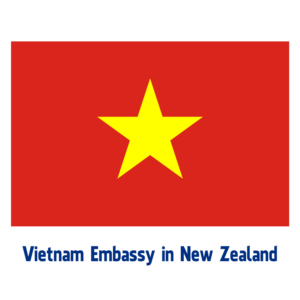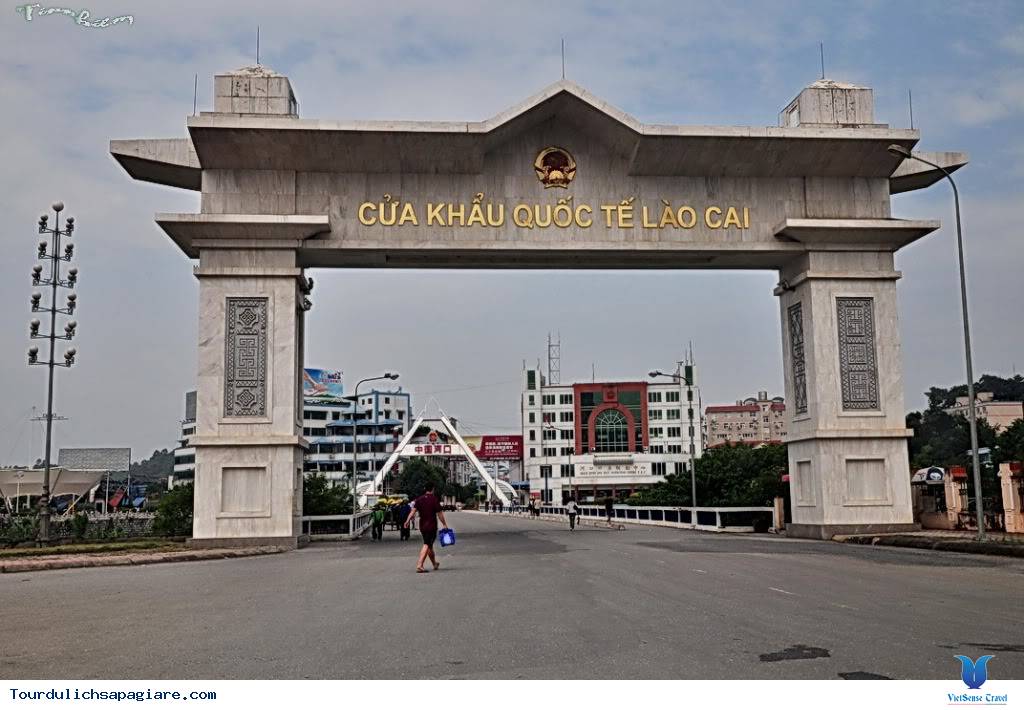
All e-visa procedures handled online: Immigration Department
The Vietnam Immigration Department of the Ministry of Public Security announced that the entire process for granting e-visas, from application to payment, is now conducted online.
Foreigners can apply for e-visas without invitations or guarantees from Vietnamese agencies, organisations, or individuals if they intend to travel, conduct market surveys, or explore investment opportunities, among other things.
All necessary steps, such as applying for, processing requests, providing e-visas, and paying fees, can be completed online. Foreigners can also print visas by themselves, eliminating the need for visa reception procedures at visa-granting agencies in Vietnam or via intermediaries.
The department will process and respond to e-visa applications within three working days through the public service portal of the Ministry of Public Security.
13 air border gates, 16 land border gates, and 13 sea border gates are available to foreign travelers with e-visas, according to the Government’s decision. The 13 air border gates include Noi Bai (Hanoi), Tan Son Nhat (Ho Chi Minh City), Cam Ranh (Khanh Hoa province), Da Nang (Da Nang city), Cat Bi (Hai Phong city), Can Tho (Can Tho city), Phu Quoc (Kien Giang province), Phu Bai (Thua Thien-Hue), Van Don (Quang Ninh province), Tho Xuan (Thanh Hoa province), Dong Hoi (Quang Binh province), Phu Cat (Binh Dinh province), and Lien Khuong (Lam Dong province).
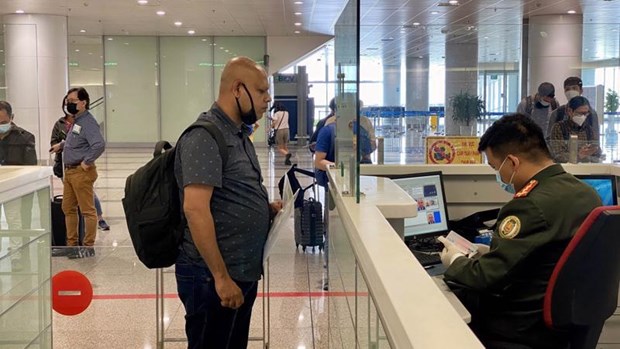 A foreigner awaits entry procedures in Vietnam.
A foreigner awaits entry procedures in Vietnam.
Vietnam has 16 land border gates including Tay Trang (Dien Bien), Mong Cai (Quang Ninh), Huu Nghi (Lang Son), Lao Cai (Lao Cai), Na Meo (Thanh Hoa), Nam Can (Nghe An), Cau Treo (Ha Tinh), Cha Lo (Quang Binh), La Lay, and Lao Bao (Quang Tri), Bo Y (Kon Tum), Moc Bai and Xa Mat (Tay Ninh), Vinh Xuong (An Giang), and Ha Tien (Kien Giang).
There are also 13 sea border gates such as Hon Gai and Cam Pha (Quang Ninh), Hai Phong (Hai Phong city), Nghi Son (Thanh Hoa), Vung Ang (Ha Tinh), Chan May (Thua Thien-Hue), Da Nang (Da Nang city), Nha Trang (Khanh Hoa), Quy Nhon (Binh Dinh), Dung Quat (Quang Ngai), Vung Tau (Ba Ria – Vung Tau), Ho Chi Minh City, and Duong Dong (Kien Giang).
In late June, the National Assembly passed a law amending and supplementing some provisions of the Law on Exit and Entry of Vietnamese Citizens and the Law on Foreigners’ Entry into, Exit from, Transit through and Residence in Vietnam.
The new law, effective August 15, extends the validity period of e-visas from 30 days to 90 days. Within this 90-day period, foreigners can enter and exit Vietnam multiple times without having to apply for new visas. Additionally, citizens of countries eligible for unilateral visa exemptions can now stay in Vietnam for up to 45 days instead of the previous 15-day limit. Visa extensions and temporary residence permits will also be granted according to regulations.
These changes are expected to create favorable conditions for Vietnam to attract more international tourists and enhance its competitiveness in the tourism industry compared to other regional destinations.
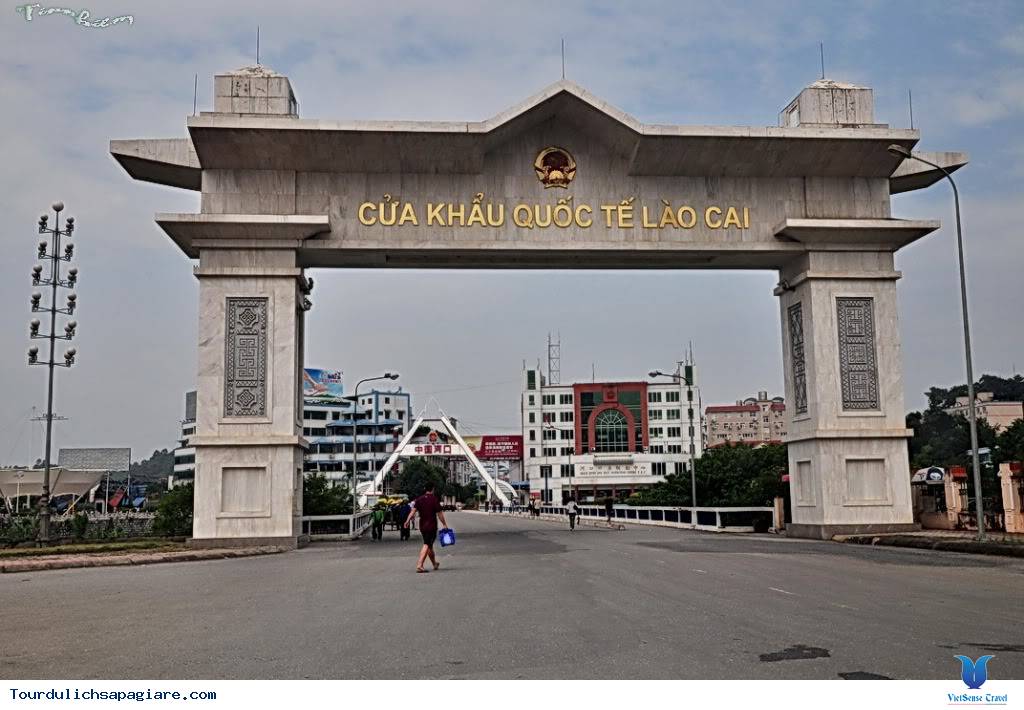
Immigration Department: Expansion of E-Visa Coverage and Validity Period to Modernize Administrative Procedures and Save Time.
The Immigration Department of Vietnam has expanded the coverage and validity period of e-visas in an effort to modernize administrative procedures and save time for applicants. Previously, e-visas were only available to citizens of 45 countries. Now, citizens of all countries can apply for an e-visa. The validity period of e-visas has also been extended from 30 days to 90 days, with multiple entries allowed.
This expansion of e-visa coverage and validity period is part of the Immigration Department’s efforts to modernize administrative procedures and save time for applicants. Previously, applicants for a visa had to go to a Vietnamese embassy or consulate in their home country to apply for a visa. This could be a time-consuming and inconvenient process. With the introduction of e-visas, applicants can now apply for a visa online from anywhere in the world. This is a much more convenient and efficient process.
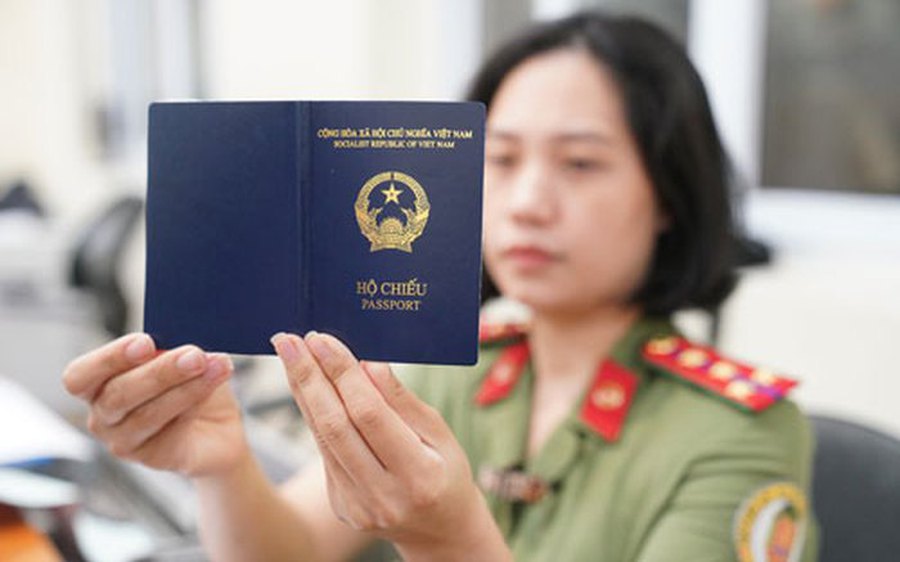
The expansion of e-visa coverage and validity period is also expected to boost tourism in Vietnam. By making it easier and faster for foreigners to obtain a visa, Vietnam is making itself more attractive to tourists. This could lead to an increase in tourism revenue and economic growth for Vietnam.
Here are some of the benefits of the expansion of e-visa coverage and validity period:
- It is more convenient for applicants, as they can apply for a visa online from anywhere in the world.
- It is more efficient for the Immigration Department, as they no longer have to process visa applications at embassies and consulates.
- It is expected to boost tourism in Vietnam, as it makes it easier and faster for foreigners to obtain a visa.
Overall, the expansion of e-visa coverage and validity period is a positive development for Vietnam. It is expected to make it easier and faster for foreigners to obtain a visa, which will boost tourism and economic growth.
